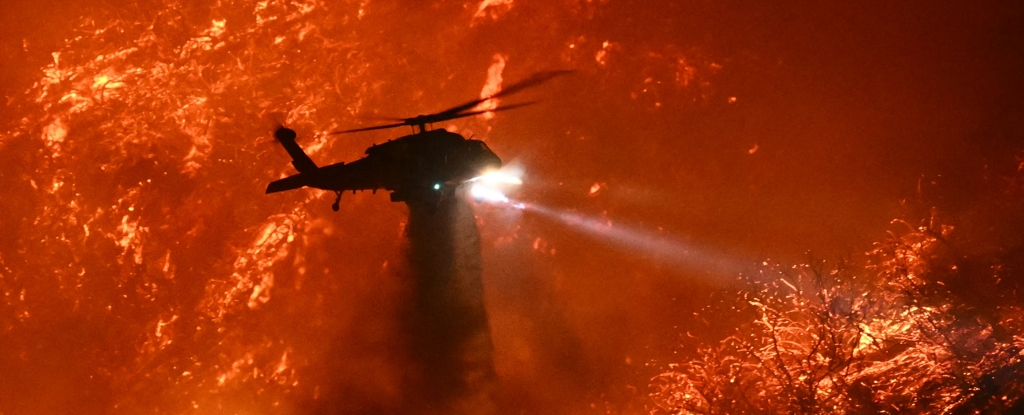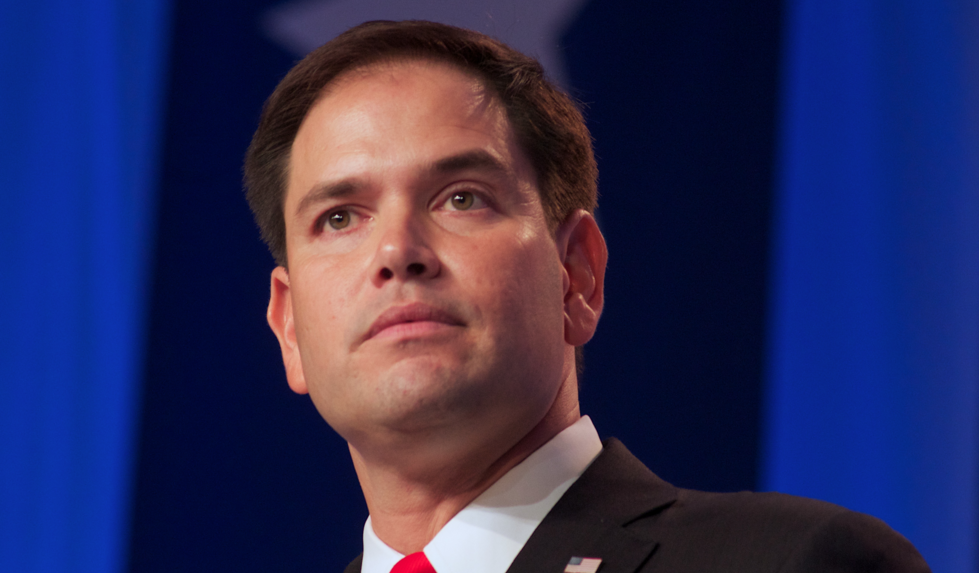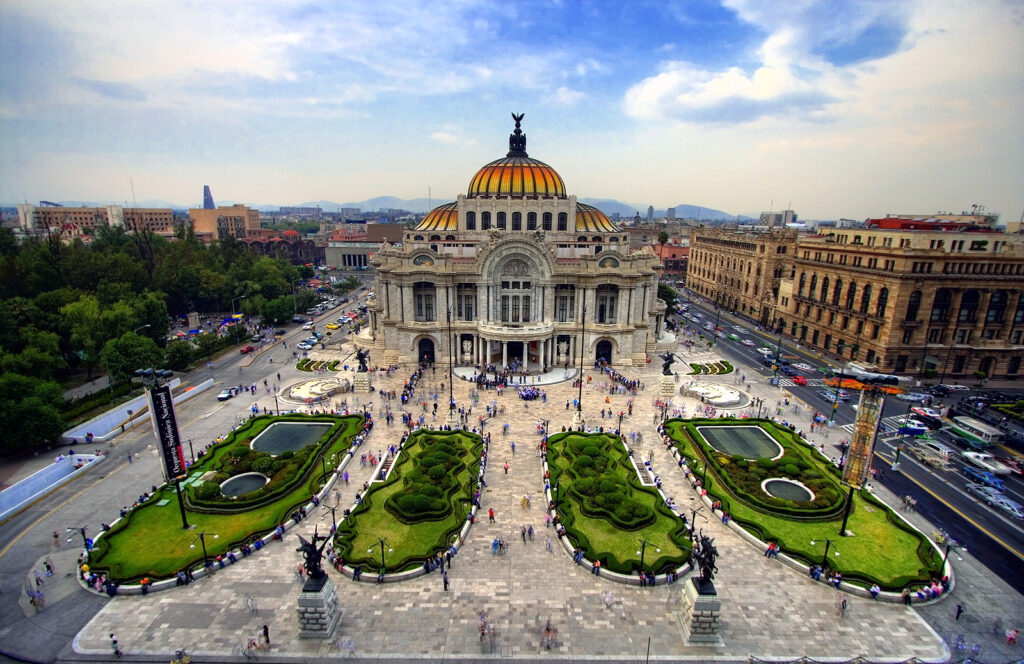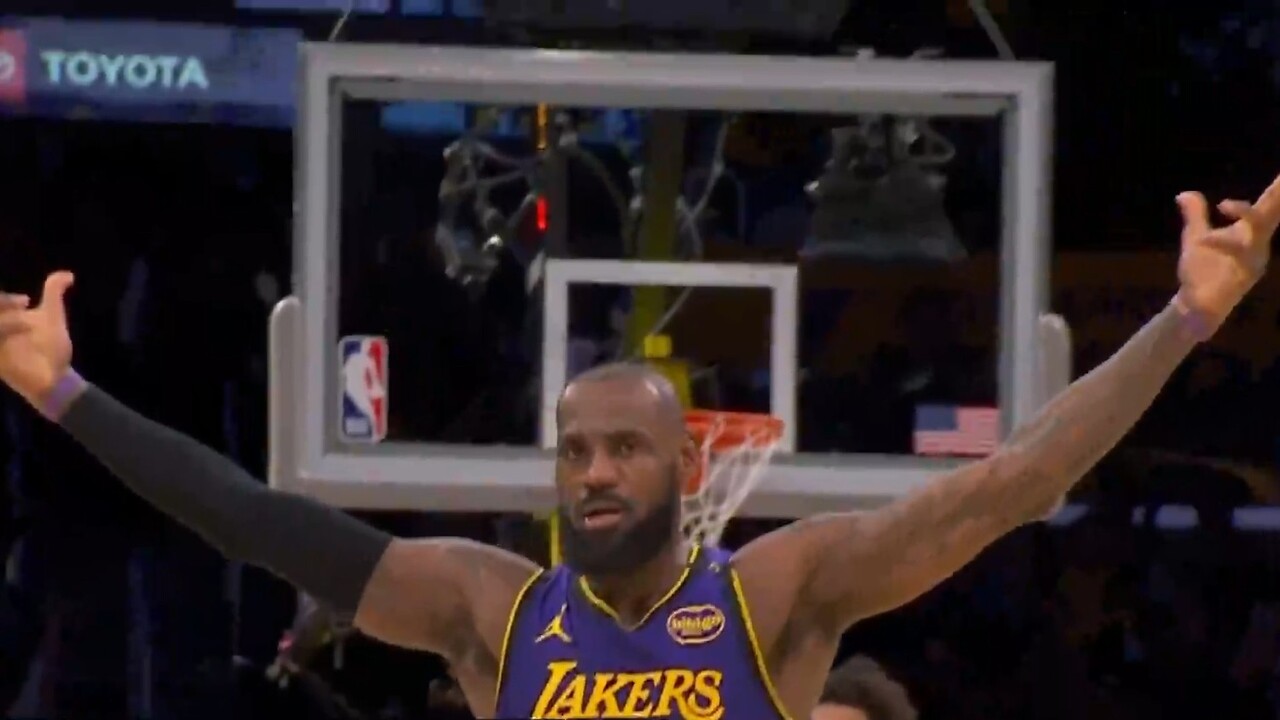Trump executive order sanctions international court over Israel war crimes case
President Trump on Thursday issued an executive order sanctioning the International Criminal Court (ICC) over its pursuit of war crimes cases against Israel’s prime minister and its former defense minister. In the order, Trump accused the ICC of engaging in “illegitimate and baseless actions” against Israel and the U.S. “Neither country has ever recognized the...

President Trump on Thursday issued an executive order sanctioning the International Criminal Court (ICC) over its pursuit of war crimes cases against Israel’s prime minister and its former defense minister.
In the order, Trump accused the ICC of engaging in “illegitimate and baseless actions” against Israel and the U.S.
“Neither country has ever recognized the ICC's jurisdiction, and both nations are thriving democracies with militaries that strictly adhere to the laws of war,” Trump wrote in the order. The Biden administration said that it was “reasonable to assess” Israel had violated international humanitarian law with U.S. weapons.
Trump issued the order shortly after hosting Israeli Prime Minister Benjamin Netanyahu in Washington, D.C. The move also demonstrated one of Trump’s first actions overriding Democrats' rare, successful action to block legislation in Congress.
Last spring, the ICC issued arrest warrants for Netanyahu and former Israeli Defense Minister Yoav Gallant on allegations of using starvation as a weapon of war in the Gaza Strip, amid Israel’s more than 15-month war against Hamas.
The ICC also issued an arrest warrant for Hamas military commander Mohammed Deif as one of the figures responsible for planning the group's Oct. 7, 2023, attack against Israel, which triggered the war in Gaza. Hamas killed an estimated 1,200 people and took 250 hostages during its October assault.
“The United States will impose tangible and significant consequences on those responsible for the ICC's transgressions,” the order read, saying that “ICC officials, employees, and agents, as well as their immediate family members,” are at risk of blocking of property and assets and suspension of entry into the U.S.
Lawmakers supportive of Israel criticized the ICC for overreach, saying the court lacks jurisdiction because Israel is not a party to the court’s treaty, the Rome Statute. These lawmakers argue alongside Israel that its justice system is robust enough to investigate and prosecute allegations of war crimes.
They also blasted the court for equating Hamas, designated as a terrorist group by the U.S., Israel and European Union, with Israel, a democratic country responding in self-defense after the Oct. 7 attack.
Republican lawmakers pushed for Trump to unilaterally impose sanctions on the ICC after they failed to advance legislation in Congress.
Democrats refused to vote in favor of an ICC sanctions bill brought to the floor by Sen. Tom Cotton (R-Ark.), accusing Republicans of failing to negotiate in good faith and reach a compromise. The bill failed to reach the 60-vote threshold needed to pass, with a final tally of 54-45. Sen. John Fetterman (Pa.) was the only Democrat to vote in favor.
Senate Democratic Leader Chuck Schumer (N.Y.) criticized the bill as “poorly drafted and deeply problematic,” despite his anger at the ICC for the issuing of arrest warrants against Israeli officials.
Democrats criticized the Republican-drafted bill for having dangerous repercussions on the court's functions — opening up leaders of other countries to sanctions, risking penalties on U.S. businesses that contract with the court on things like cybersecurity, and blocking coordination on other investigations, such as those centered on war crimes cases against Russian President Vladimir Putin, atrocities in Sudan and human rights abuses by the Taliban, among others.
“Five words divided us on the ICC,” Sen. Jeanne Shaheen (D-N.H.), the ranking member of the Senate Foreign Relations Committee, said on the Senate floor, following a meeting with Netanyahu.
“What we saw was an unwillingness on the part of my Republican colleagues to come to a compromise, to actually provide the protections that we're hearing from American businesses that they need in order to continue to not be sanctioned for work that they have already done for the ICC,” she said, adding that she is willing to reopen negotiations.
Trump’s sanctioning of the court repeats an action he took in his first term, punishing the court for war crimes investigations against U.S. soldiers in Afghanistan. He used “national emergency authorities” in an executive order that criticized the court as overreaching in its investigations of U.S. “allies.” That order did not name Israel.
In 2021, the court said it would “deprioritize” investigations into actions of U.S. service members in Afghanistan.
Updated at 6:16 p.m. EST












































































